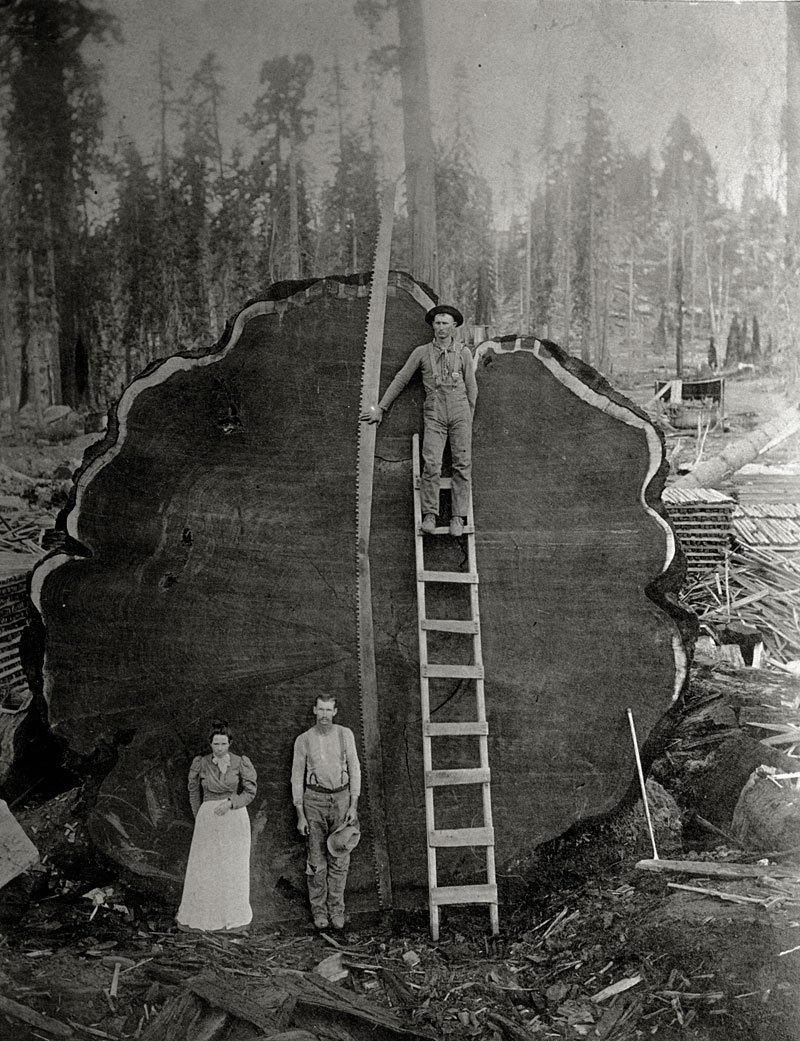Truth: The Deeply Rooted Idea
Vic Sizemore
 This morning an arborist is cutting down a white oak beside our house. The bark of the tree had started rotting off in chunks the size of dinner plates, and it was full of ants underneath as far up as I could see. Surprisingly, the inside of the trunk looked like healthy blond wood. This was also the case with our neighbor’s tree, the one that came crashing down two years ago in what the TV news called a “severe wind event” until some meteorologist introduced them to the cool new term derecho—wind like a tornado, but straight at you instead of swirling. The roots of his tree, it turned out, were weak and had given way.
This morning an arborist is cutting down a white oak beside our house. The bark of the tree had started rotting off in chunks the size of dinner plates, and it was full of ants underneath as far up as I could see. Surprisingly, the inside of the trunk looked like healthy blond wood. This was also the case with our neighbor’s tree, the one that came crashing down two years ago in what the TV news called a “severe wind event” until some meteorologist introduced them to the cool new term derecho—wind like a tornado, but straight at you instead of swirling. The roots of his tree, it turned out, were weak and had given way.
As the arborist dismembers our tree, his chainsaw growling and roaring outside, I sit at my desk with interweb chatter buzzing in my head—gun violence, same-sex marriage, healthcare reform, wealth inequality, government, religion, science. I have gotten in the habit of following a number of news feeds, and now I get a daily diet of this stuff. Not that the issues aren’t important. They are. However, more and more I fear is that, if I don’t stem the flow, it will, if not ruin, cheapen my creative work.
In his book, On Moral Fiction John Gardner instructs writers—and all artists—to go after truth instead of focusing on “important but passing concerns,” which change as cultures change. Gardner admits that many artists “who disparage the pursuit of truth” do it because they “have merely grown wary of the word’s potential for pretentiousness and moralistic tyranny…” but he maintains nevertheless that only art concerned with truth can be called moral art. How does an artist do that? Gardner writes, “… before we can get to the great idea True, an emotionally charged symbolic construct for which innumerable men and women have died, we must first stare thoughtfully and long at a tree, Old English treow, which gave us the word true (treow), the “deeply rooted” idea.” An artist who neglects the deeply rooted idea “goes not for the profound but for the clever.”
Artists have the job of unearthing the human truth that cannot be found in any other way. For example, Gardner writes, “A brilliantly imagined novel about a rapist or murderer can be more enlightening than a thousand psycho-sociological studies…” This truth is in the deep-rooted place, which requires long and thoughtful staring. How can we go deep if we are spending our days surfing the web, digging yes, but here for a bit and then there for a bit, as if flitting around the yard with a gardener’s trowel?
Contemporary issues are important, but they are not lasting—what’s more, they are not resolved at the surface, where all the heat of argument occurs. Are you obsessing over issues, or are you staring thoughtfully and long at the tree, the deeply rooted idea?